In recent years, interest in natural remedies for managing Attention-Deficit/Hyperactivity Disorder (ADHD) has surged, especially among adults seeking complementary or alternative approaches to conventional treatment. As research into neurodiversity evolves, so too does the recognition that nature may offer supportive solutions for those navigating focus, memory, and mental clarity challenges. Among these are herbal remedies—many of which have been used for centuries in traditional medicine systems but are now being explored through the lens of modern neuroscience. This article explores the best herb for ADHD from a science-backed perspective while highlighting memory boosters for seniors, brain health for seniors, and the evolving role of herbal medicine in cognitive support.
You may also like: Top Herbs for ADHD in Women: Science-Backed Natural Remedies That May Support Focus and Emotional Balance
Understanding ADHD Through the Lens of Neuroscience and Nutrition
ADHD is commonly associated with inattentiveness, hyperactivity, and impulsivity. While traditionally diagnosed in childhood, it often persists into adulthood, affecting academic performance, workplace efficiency, and interpersonal relationships. The neurobiological roots of ADHD involve dysfunction in dopaminergic and noradrenergic pathways, which regulate attention, motivation, and executive functioning. Conventional treatments such as stimulant medications work by targeting these neurotransmitters, but they are not without side effects and are not always well tolerated.
This has led many individuals and practitioners to explore whether certain foods, nutrients, or herbs may support focus and cognitive stability. Emerging research suggests that brain boosters for seniors—such as Bacopa monnieri, Ginkgo biloba, and Panax ginseng—may also be beneficial for younger adults managing ADHD. These herbs have demonstrated potential in enhancing memory, reducing anxiety, and improving attention span, aligning well with the needs of individuals with ADHD.
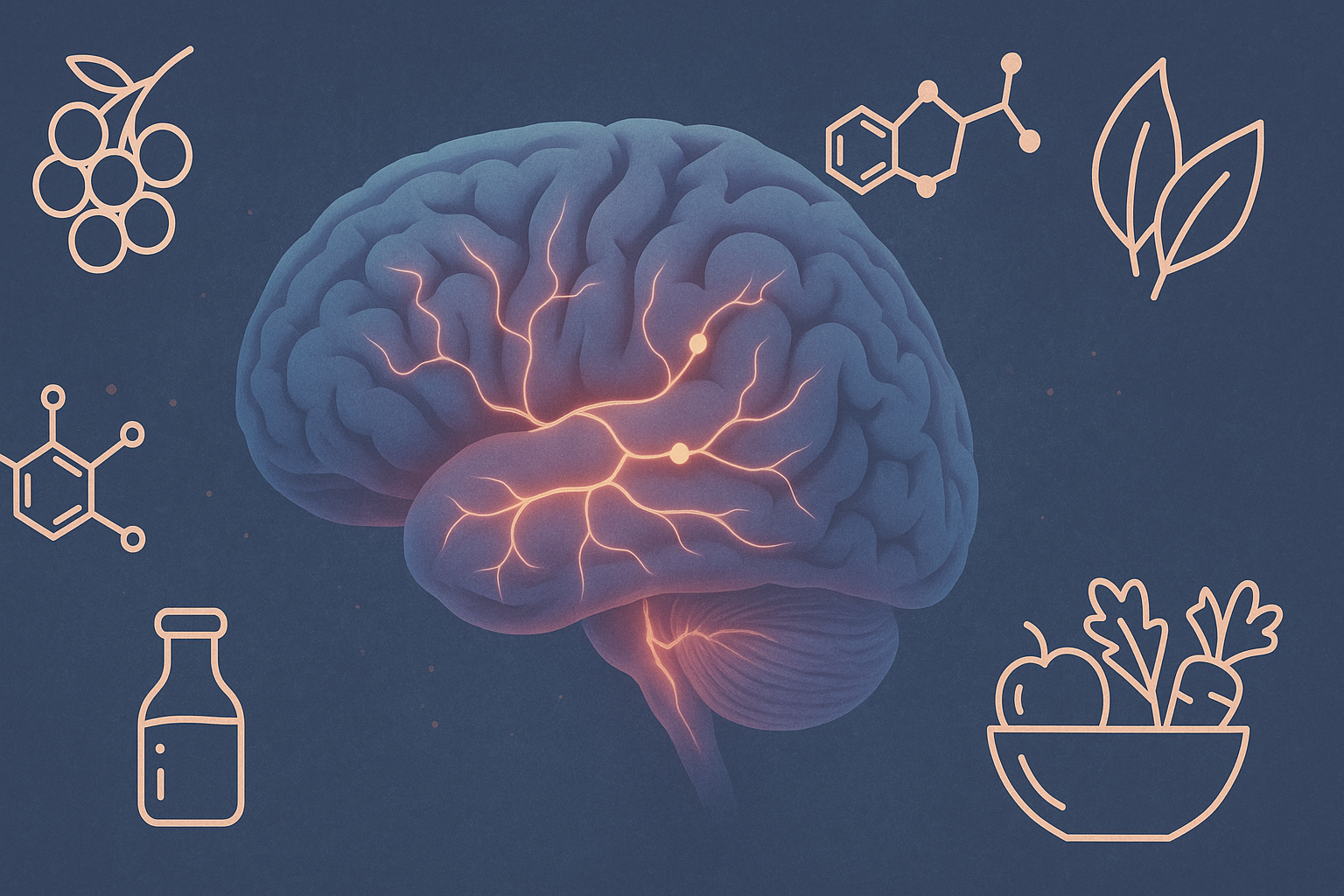
Bacopa Monnieri: An Ayurvedic Ally for Attention and Memory
Bacopa monnieri, also known as Brahmi in Ayurvedic medicine, has a long history of use as a cognitive enhancer. Traditionally prescribed for improving learning and memory, it is believed to modulate cholinergic systems and reduce oxidative stress in the brain. Clinical studies have shown that Bacopa can improve attention, information processing, and working memory—three core areas of concern for those with ADHD.
Interestingly, Bacopa’s adaptogenic properties make it especially useful in high-stress environments, where cognitive function is often impaired. By lowering cortisol levels and enhancing synaptic communication, Bacopa offers a gentle but effective strategy for those seeking memory help for seniors or young adults alike. In fact, some studies suggest that Bacopa may rival conventional memory products for seniors in both safety and efficacy when used long-term.
Ginkgo Biloba: The Circulation and Cognitive Clarity Herb
Ginkgo biloba, one of the most extensively studied herbal supplements, is commonly recommended for improving cognitive function, particularly in older adults. Its efficacy as one of the leading memory boosters for seniors is attributed to its ability to increase cerebral blood flow, reduce inflammation, and protect neurons from oxidative damage. These mechanisms also make Ginkgo a candidate for improving attention and mental clarity in individuals with ADHD.
Studies investigating Ginkgo’s use in ADHD treatment suggest that it may be especially helpful when combined with other supplements like Ginseng or Omega-3 fatty acids. Not only does it enhance executive functioning and concentration, but it also appears to improve mood regulation and sleep—factors that often exacerbate ADHD symptoms. As a brain health for seniors supplement, Ginkgo has demonstrated benefits across multiple cognitive domains, making it a compelling choice for a wide age range.
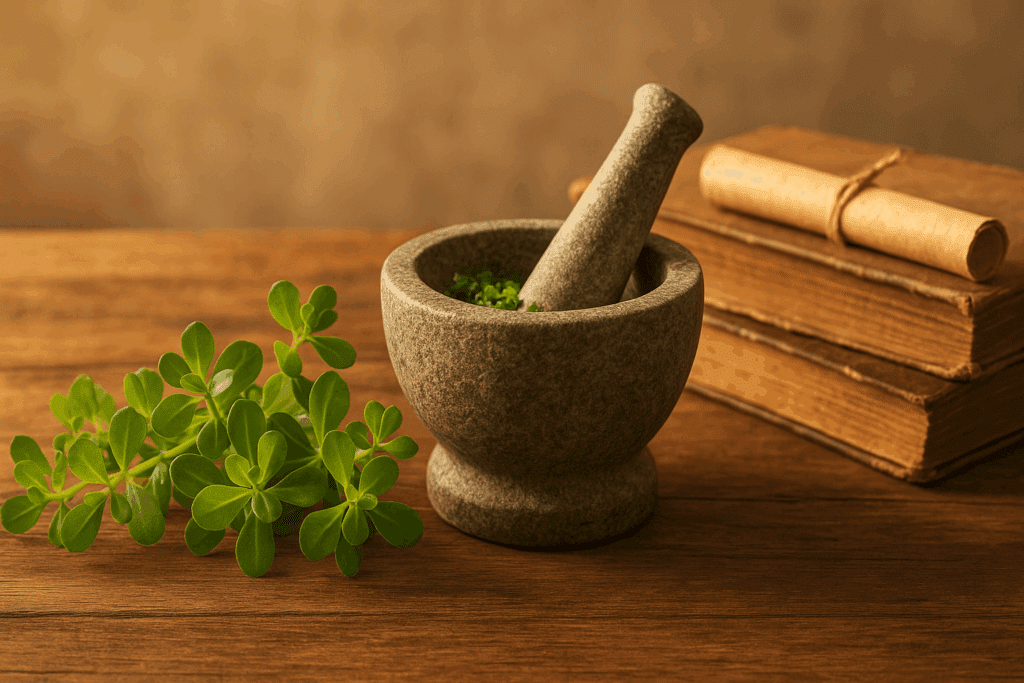
Rhodiola Rosea: Supporting Mental Resilience and Attention Span
Rhodiola rosea, an adaptogenic herb found in cold mountainous regions, has gained attention for its ability to combat fatigue and enhance cognitive stamina. Unlike stimulant medications, which can create a surge followed by a crash, Rhodiola works by balancing neurotransmitter activity and stabilizing the hypothalamic-pituitary-adrenal axis. This makes it particularly useful for managing the emotional and cognitive volatility often associated with ADHD.
Clinical trials have noted improvements in attention span, reduced mental fatigue, and better stress resilience with Rhodiola supplementation. For older adults facing cognitive decline, Rhodiola can also serve as a memory help for seniors by maintaining neuronal function and energy metabolism. Its broad spectrum of action allows it to serve both as a performance enhancer and as a neuroprotective agent—making it one of the more versatile brain boosters for seniors and adults with ADHD alike.
Panax Ginseng: Enhancing Cognitive Efficiency Without Overstimulation
Panax ginseng, a cornerstone of traditional Chinese medicine, is frequently used to improve memory, energy, and endurance. Its active compounds, ginsenosides, influence dopamine and acetylcholine systems in the brain, offering potential benefits for individuals with ADHD. Unlike stimulants, which can sometimes produce jitteriness or anxiety, Ginseng exerts a more balanced effect on cognition and mood.
Ginseng’s effects on working memory and reaction time have been well-documented in clinical settings, with some studies showing measurable improvements in executive functioning and attention regulation. Additionally, Panax ginseng is often included in memory products for seniors due to its dual action on mental clarity and immune support. For individuals seeking a gentle yet effective herbal remedy, Panax ginseng offers promising results without the side effects typically associated with synthetic interventions.
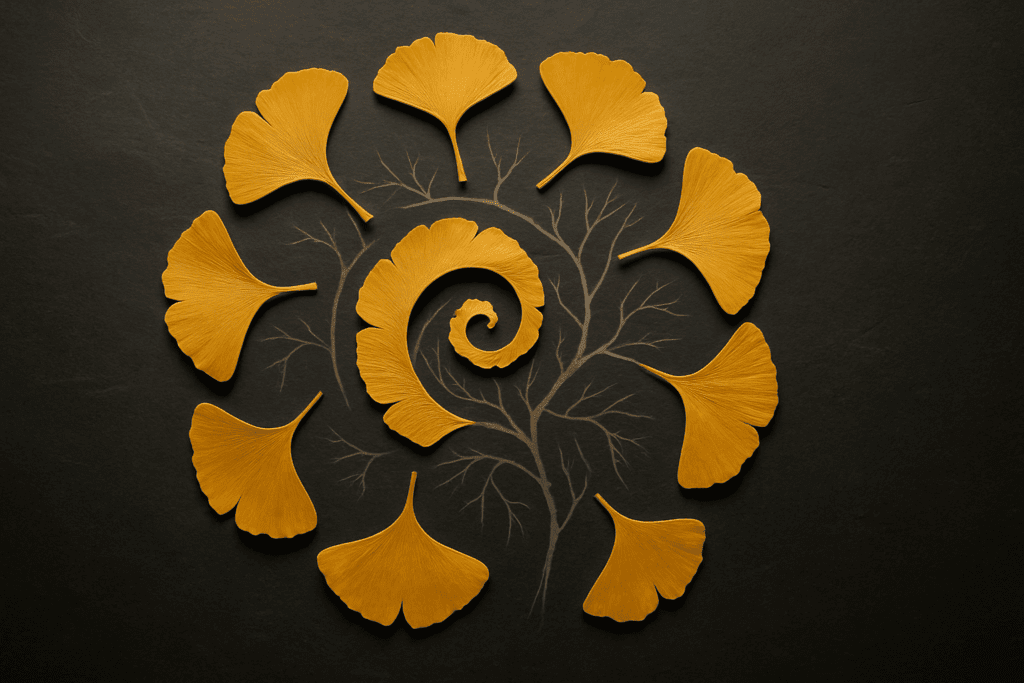
Gotu Kola: Traditional Wisdom Meets Modern Cognitive Science
Gotu kola, another revered herb in Ayurvedic and Chinese traditions, is often used for promoting brain health and enhancing concentration. Modern research suggests that Gotu kola can improve cerebral microcirculation, enhance collagen synthesis in the brain, and stimulate dendritic growth. These functions are crucial not only for youthful learning but also for preserving memory in aging populations.
This herb’s calming yet alerting properties make it particularly suitable for individuals with ADHD, especially those who experience anxiety or sleep disturbances. In older populations, Gotu kola has been used as a complementary tool in memory products for seniors due to its neuroregenerative capabilities. As more clinical studies validate its role in enhancing both memory and mood, Gotu kola is poised to become a mainstay in holistic ADHD support protocols.
Lion’s Mane Mushroom: Nerve Growth Factor and Neuroplasticity
Lion’s mane mushroom (Hericium erinaceus) is not traditionally categorized as an herb, but its neurological benefits are substantial enough to warrant inclusion. This mushroom stimulates the production of nerve growth factor (NGF), a protein essential for the survival and function of neurons. For individuals with ADHD, this may translate into improved neural connectivity and long-term cognitive resilience.
Studies on Lion’s mane have shown promise in enhancing memory, focus, and mood—all areas that can be significantly compromised in ADHD. Its neuroprotective properties also make it a valuable addition to brain boosters for seniors, particularly those concerned with preventing cognitive decline. By supporting neurogenesis and synaptic plasticity, Lion’s mane offers a unique and scientifically supported avenue for holistic brain health for seniors and young adults alike.

Ashwagandha: Reducing Stress-Induced Cognitive Impairment
Ashwagandha (Withania somnifera) is a well-known adaptogen used to reduce stress, promote calmness, and support overall mental balance. For individuals with ADHD, the stress of everyday tasks can exacerbate focus and memory issues. Ashwagandha’s ability to lower cortisol and regulate neurotransmitter balance provides a calming effect that indirectly improves concentration and cognitive function.
Research has shown that Ashwagandha may enhance working memory, improve attention, and reduce reaction time in cognitively stressed individuals. These benefits extend to older populations, making Ashwagandha a strong candidate for memory products for seniors as well. Its neuroprotective and anti-inflammatory properties make it a multipurpose tool in the management of ADHD and age-related cognitive challenges.
Valerian Root and Passionflower: Herbs That Calm the Overactive Mind
Sleep disturbances and hyperarousal are common in both ADHD and cognitive aging. Valerian root and passionflower are herbal remedies traditionally used for their sedative and anxiolytic effects. For individuals who experience restlessness, intrusive thoughts, or insomnia, these herbs can help quiet the mind and improve sleep quality.
Although not primary cognitive enhancers, these herbs can indirectly support focus and memory by improving sleep architecture and reducing nighttime cortisol spikes. In older adults, better sleep quality correlates with improved memory retention and reduced cognitive fatigue, making them a complementary addition to memory help for seniors. Used in moderation and in combination with more targeted nootropics, valerian and passionflower offer a rounded approach to cognitive wellness.
Integrating Herbs Into Daily Cognitive Wellness Practices
While the individual herbs discussed offer considerable promise, their full potential is best realized within a broader lifestyle approach that includes dietary support, physical activity, and stress management. Integrating these herbs into a consistent wellness routine—perhaps in the form of teas, tinctures, or standardized capsules—can produce synergistic effects that go beyond any single remedy. As the field of nootropics continues to grow, so does our understanding of how best to combine natural compounds for cognitive optimization.
For seniors especially, combining these herbs with established memory boosters for seniors like Omega-3s, vitamin B-complex, and magnesium can yield compounding benefits. These combinations are increasingly being incorporated into advanced memory products for seniors that target multiple mechanisms of cognitive support. When used under the guidance of a qualified health practitioner, natural remedies can serve as a safe, accessible, and effective part of a comprehensive plan to improve brain health for seniors and younger adults with ADHD alike.
Scientific Rigor and the Future of Herbal ADHD Support
As with any medical approach, scientific rigor is essential when evaluating the effectiveness of herbal interventions for ADHD. Randomized controlled trials, meta-analyses, and long-term observational studies are the gold standard for establishing safety and efficacy. Fortunately, many of the herbs discussed in this article—such as Bacopa, Ginkgo, and Lion’s mane—have already undergone extensive clinical scrutiny and show encouraging results.
Still, more research is needed to establish standardized dosing, optimal combinations, and potential contraindications—especially in vulnerable populations such as seniors or individuals on multiple medications. As regulatory frameworks evolve, so too will the availability of high-quality, evidence-based natural products that align with individual cognitive health needs. This trend bodes well not only for those with ADHD but also for those seeking memory help for seniors and broader solutions for brain health for seniors.
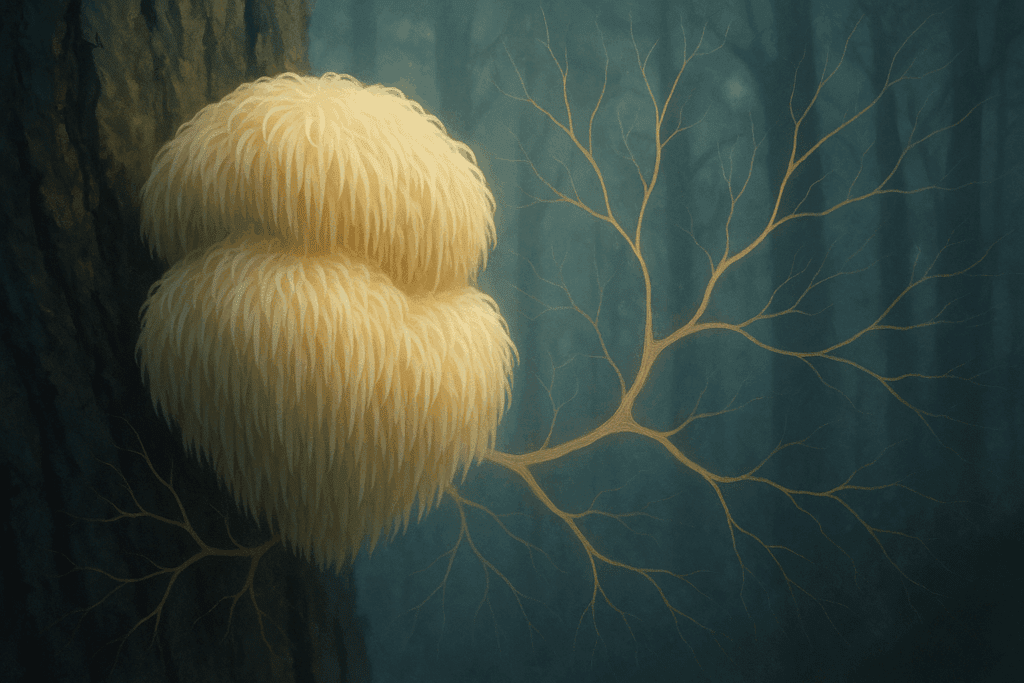
Frequently Asked Questions: Best Herb for ADHD and Natural Cognitive Support
1. How do herbal remedies compare with prescription medications in managing adult ADHD?
Herbal remedies for ADHD often work by gently supporting neurotransmitter balance, stress regulation, and neuroprotection without the rapid onset or intense effects of pharmaceutical stimulants. While prescription drugs like methylphenidate or amphetamines target dopamine and norepinephrine directly, herbs such as Bacopa monnieri and Rhodiola rosea support broader brain systems over time. This makes them suitable for individuals who prefer gradual, sustainable improvements. Additionally, some herbs act as brain boosters for seniors and adults alike by enhancing cerebral blood flow or reducing inflammation, which indirectly benefits focus and memory. While not replacements for medical therapy, these herbs can complement clinical care, particularly when targeting long-term brain health for seniors and adults managing ADHD.
2. Can memory products for seniors benefit younger adults with ADHD as well?
Yes, many memory products for seniors contain ingredients that can also support younger adults experiencing cognitive challenges related to ADHD. For example, ingredients like Ginkgo biloba and Panax ginseng are known to enhance mental clarity and focus across age groups. These compounds improve brain blood flow and reduce oxidative stress, both of which are relevant to executive function. While formulated with older adults in mind, these supplements often serve dual purposes, acting as both memory help for seniors and performance enhancers for those in demanding cognitive environments. However, younger adults should adjust dosages accordingly and consult healthcare providers before starting any senior-targeted formulas.
3. What are some lesser-known herbs that may support focus and memory in ADHD beyond the usual recommendations?
While Bacopa and Ginkgo dominate discussions, herbs like Schisandra chinensis, Tulsi (holy basil), and Mucuna pruriens are gaining recognition for their cognitive benefits. Schisandra may improve mental stamina and resistance to stress, while Tulsi can reduce anxiety and stabilize mood, which is crucial for emotional regulation in ADHD. Mucuna pruriens, rich in L-DOPA, supports dopamine production, a key neurotransmitter in ADHD pathology. These herbs are also being explored as niche brain boosters for seniors who do not respond to mainstream supplements. Emerging clinical research suggests that including such adaptogens in memory products for seniors and ADHD support stacks may enhance both memory retention and sustained focus.
4. How can seniors incorporate herbal remedies into their existing memory support regimens safely?
Seniors should approach herbal supplementation with care, especially when taking prescription medications or managing chronic conditions. Starting with low doses of well-researched herbs such as Lion’s mane mushroom or Gotu kola can reduce the risk of adverse interactions. These herbs are commonly included in memory boosters for seniors because they promote neurogenesis and microcirculation without overstimulating the nervous system. It’s essential to consult with a physician or integrative health specialist to ensure compatibility with current memory products for seniors. Regular cognitive assessments and journaling of changes can help track improvements and adjust the regimen as needed.
5. Are there dietary or lifestyle habits that can amplify the effects of herbal brain boosters?
Absolutely. The effectiveness of herbal brain boosters for seniors and adults alike is significantly enhanced by a holistic lifestyle. Regular aerobic exercise improves blood flow to the brain and complements herbs like Ginkgo biloba that enhance circulation. A Mediterranean-style diet rich in omega-3 fatty acids, antioxidants, and whole grains supports synaptic plasticity and helps maintain brain health for seniors. Stress reduction techniques such as mindfulness meditation or forest bathing can potentiate the calming effects of adaptogens like Rhodiola and Ashwagandha. When herbal remedies are part of a broader wellness routine, their benefits become more sustainable and noticeable.
6. How do different forms of herbal supplements (e.g., teas, tinctures, capsules) affect their efficacy for ADHD and memory support?
The delivery method of herbal supplements can influence absorption rates, onset of effects, and user preference. Tinctures and teas often provide faster absorption through mucous membranes but may require more frequent dosing. Capsules and tablets offer convenience and consistent dosing, making them popular in standardized memory products for seniors. Some individuals prefer teas for calming herbs like passionflower, which help with sleep and emotional regulation. When choosing a form, it’s important to consider personal routines, absorption needs, and whether the goal is acute focus enhancement or long-term brain health for seniors.
7. Can brain boosters for seniors help mitigate age-related cognitive decline linked with ADHD persistence into later life?
Yes, adults with persistent ADHD into their later years are at heightened risk for accelerated cognitive decline, especially in working memory and executive functioning. Fortunately, brain boosters for seniors that contain neuroprotective agents like Lion’s mane and Panax ginseng may help slow this trajectory. These supplements often target oxidative stress, neuroinflammation, and mitochondrial dysfunction, all of which affect cognitive aging. By supporting these underlying mechanisms, memory help for seniors may offer dual benefits—preserving cognitive faculties in aging ADHD individuals and enhancing quality of life. Personalizing supplementation based on cognitive assessments is especially helpful in these cases.
8. What psychological benefits can herbs offer individuals with ADHD beyond improving focus and memory?
Beyond cognitive effects, many herbs contribute to emotional regulation, stress resilience, and mood stabilization—domains where ADHD frequently exerts its toll. Ashwagandha and Rhodiola, for instance, reduce cortisol and support more balanced responses to daily stressors. This can significantly improve decision-making, frustration tolerance, and even interpersonal relationships. Such psychological benefits are valuable not only for ADHD patients but also for seniors seeking comprehensive memory help for seniors that includes emotional and mental well-being. When herbs support both mind and mood, users are more likely to experience sustained improvement across all domains of functioning.
9. Are there any promising innovations in herbal nootropics for ADHD and cognitive aging on the horizon?
Yes, researchers are actively exploring synergistic herbal blends that combine multiple mechanisms of action into a single formula. For example, products that unite NGF-stimulating mushrooms like Lion’s mane with adaptogens and circulatory enhancers such as Ginkgo are gaining traction. These innovations aim to offer multi-pronged support that benefits both ADHD symptoms and brain health for seniors. Additionally, companies are developing time-release capsules and liposomal delivery systems for enhanced bioavailability. With increasing demand for natural memory boosters for seniors and young adults alike, the future of herbal nootropics looks promising and increasingly personalized.
10. How can caregivers choose the best herbal memory products for seniors with attention or memory challenges?
Caregivers should look for products that are third-party tested, contain clinically researched ingredients, and are free from unnecessary fillers or allergens. Formulas that combine Ginkgo, Bacopa, and Lion’s mane are among the most evidence-supported memory products for seniors. It’s also important to consider the unique needs of the individual—some may benefit more from calming herbs, while others need those that enhance mental stamina. Monitoring progress with memory journals or digital tracking tools can help assess which products truly deliver memory help for seniors. As always, open communication with healthcare providers ensures safety and maximizes the therapeutic potential of natural interventions.
Final Thoughts on Finding the Best Herb for ADHD and Supporting Lifelong Cognitive Health
In a world increasingly reliant on pharmaceutical solutions, the enduring wisdom of nature offers a refreshing perspective on managing conditions like ADHD. From Bacopa monnieri to Lion’s mane mushroom, science continues to validate what traditional systems of medicine have known for centuries: that plants can support the mind in profound ways. For those navigating attention difficulties, forgetfulness, or cognitive fatigue, herbal remedies present a valuable toolkit—one grounded in both ancient practice and modern research.
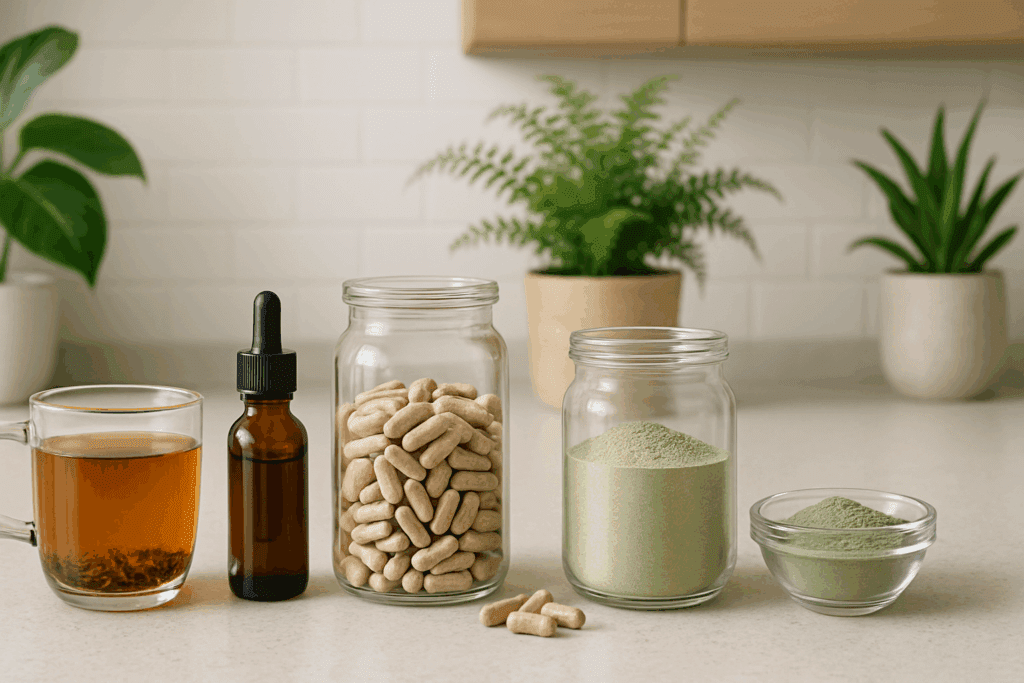
Moreover, many of these herbs extend their benefits well beyond ADHD, serving as powerful memory boosters for seniors and enhancing brain health for seniors through various mechanisms of action. Whether you’re a young adult with focus challenges or an older adult seeking memory help for seniors, the natural world offers an abundant array of tools worth exploring. With careful selection, personalized guidance, and a commitment to holistic health, these herbs can become more than just supplements—they can be lifelong allies in the pursuit of mental clarity and well-being.


